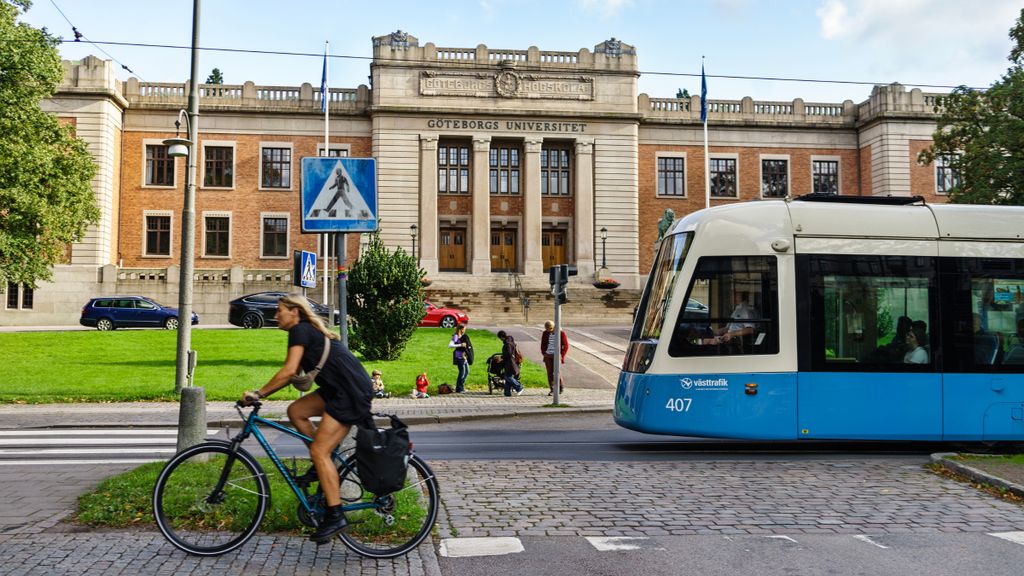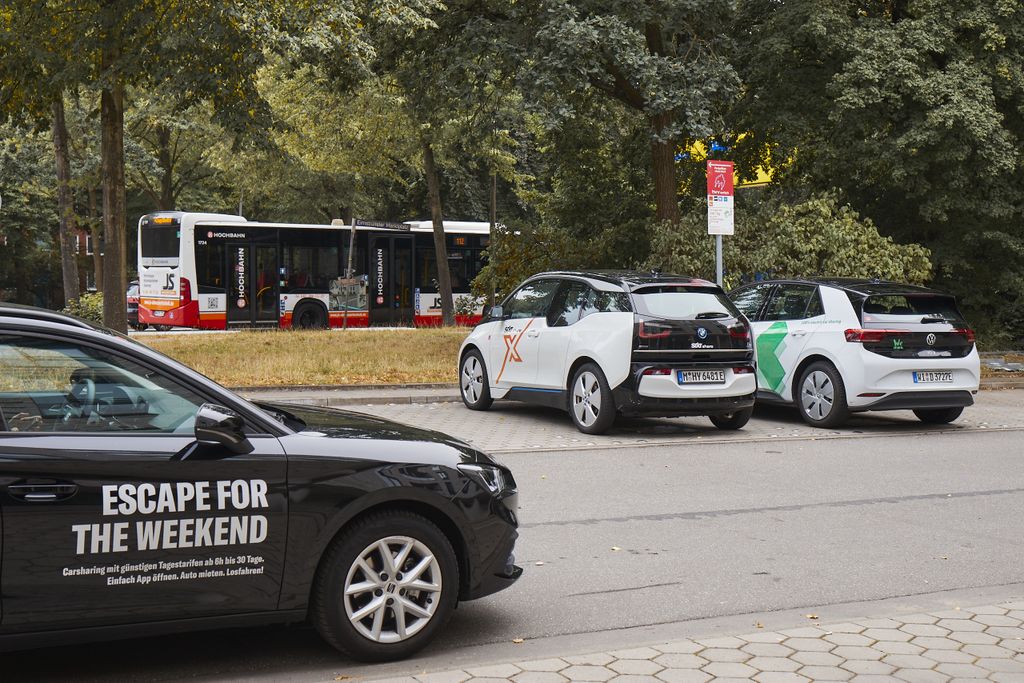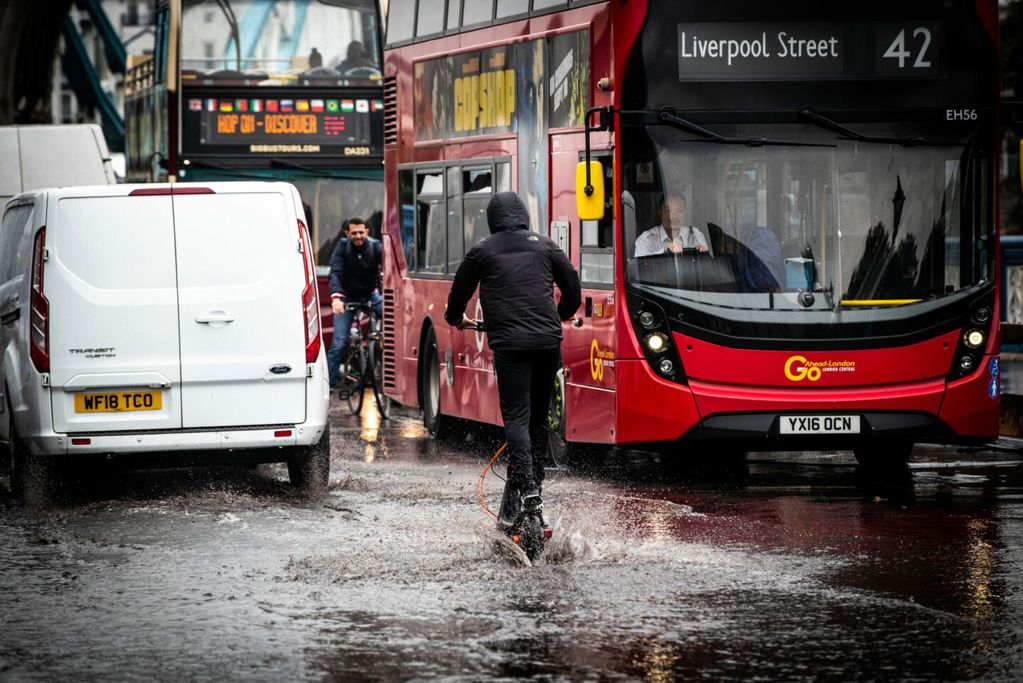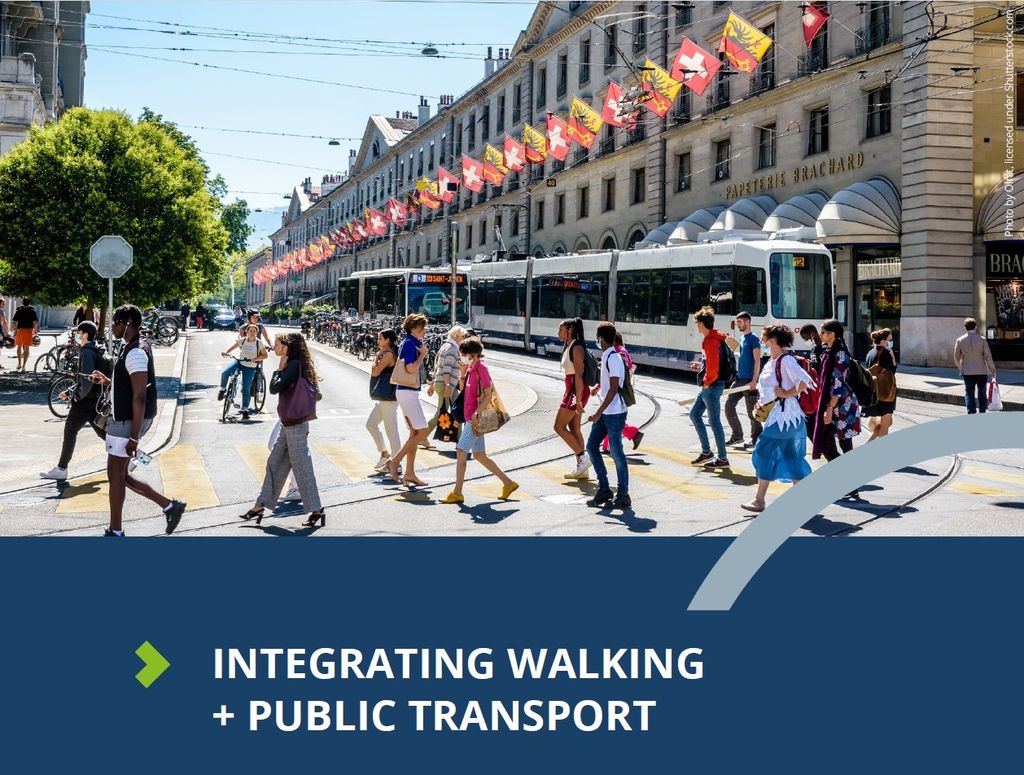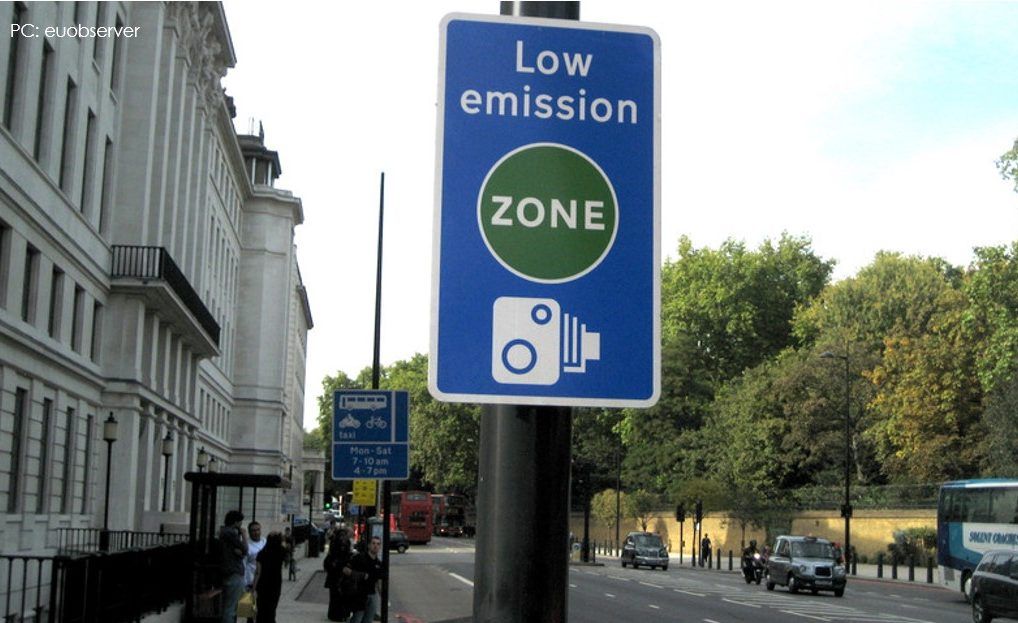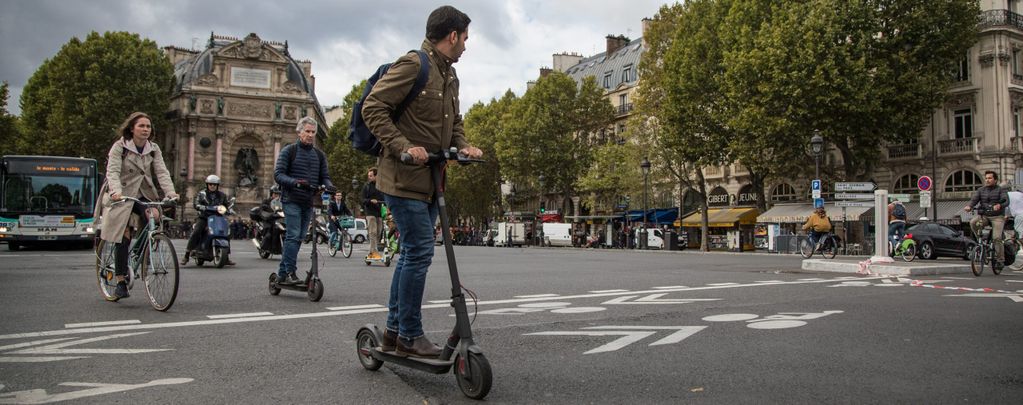
New mobility and urban space: How can cities adapt?
An evolving urban landscape
The urban landscape has evolved throughout history in response to social, economic and environmental changes. Today, climate change and health issues due to poor air quality are major concerns.
With urban areas responsible for 70% of global carbon dioxide emissions, it has pushed cities to rethink the way mobility is organised. Initiatives have been taken to discourage individual car use, offering a greater role to public transport, regaining space from cars and providing infrastructures for active mobility. The digital revolution has brought radical changes to our economies, freight and passenger mobility travel behaviours, and encouraged new actors to enter the mobility market. Their introduction affects cities’ mobility management and impacts the urban streetscape.
Cities have to adapt and find solutions to integrate these new mobility services in an efficient and sustainable way. In line with UN Sustainable Goal 11, the aim of this paper is to understand the impacts of new mobility services on the urban streetscape and how cities can remain inclusive, safe and resilient.
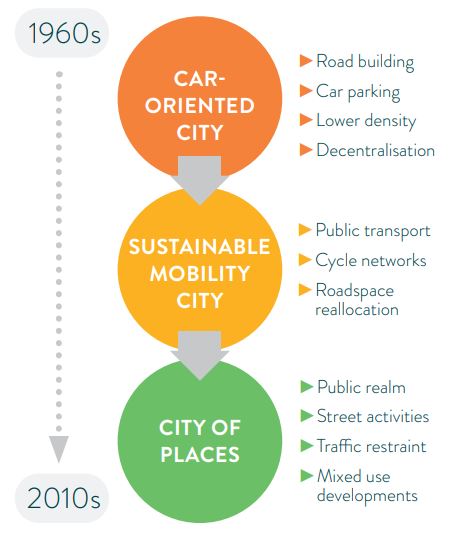
exclusive resources

